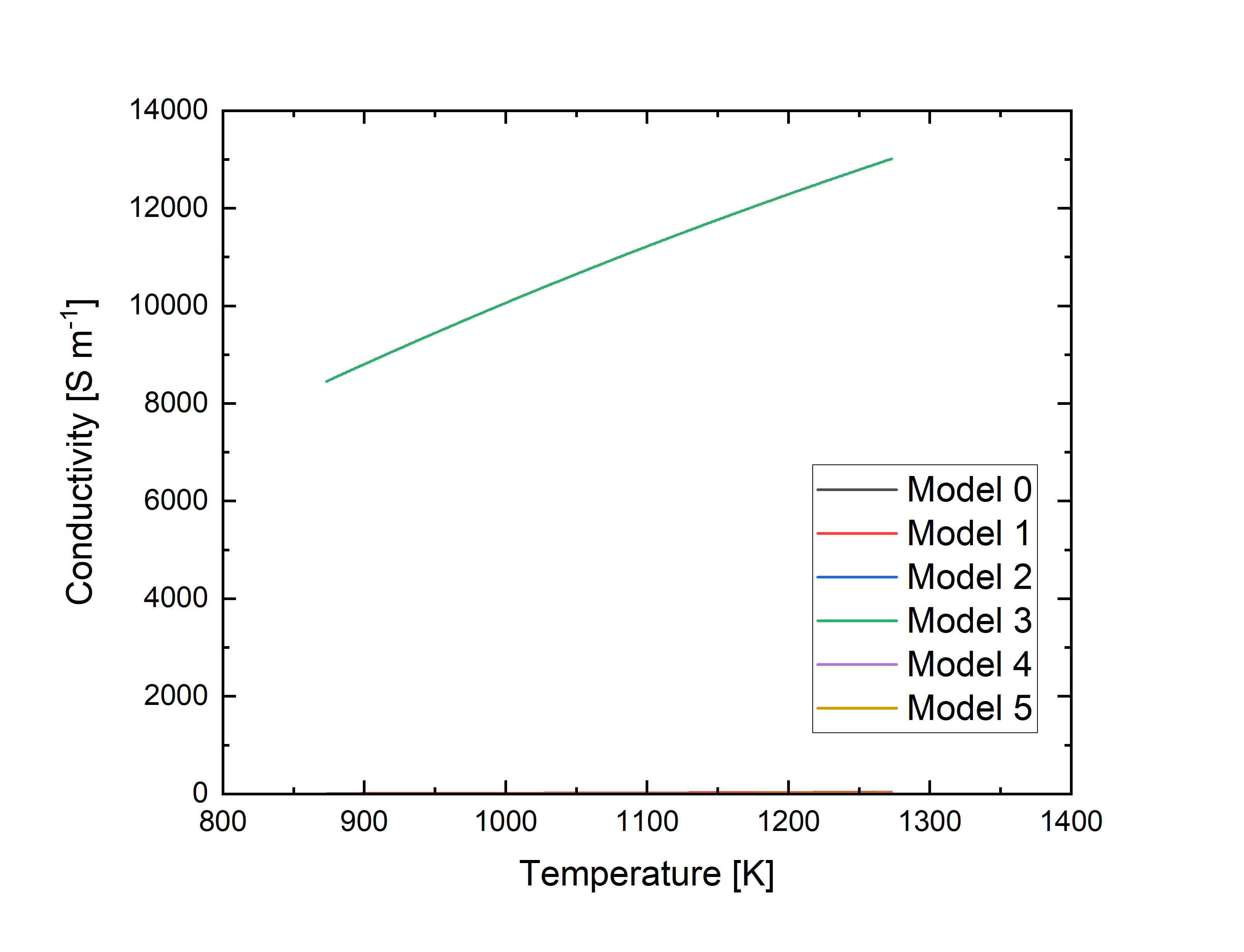MMJ40304 - Final Year Project II
Semester 2 academic session 2022/23
Course
synopsis
This course is designed to expose students with an investigative research-based project to solve engineering issue(s)/problem(s). Students are required to identify problems, develop techniques for information gathering, conduct literature review and select appropriate methodology. In addition, students are required to deliver individual analysis and judgement, utilize appropriate modern technology/tools in conducting the research and assessed independently. At the end of the semester, students will prepare a final report and deliver both written and oral.
Course
outcome
CO1 :- Ability to integrate comprehensively the needs and the insights of research works conducted.
CO2 :- Ability to investigate and conduct research literature of complex engineering problems with selected knowledge in the research literature of the discipline.
CO3 :- Ability to propose and develop design solutions or methodology for complex engineering problems that meet specified needs with appropriate consideration including design of experiments, modeling or simulation.
CO4 :- Ability to synthesize complex engineering problems using first principles of mathematics, natural sciences or engineering sciences in order to evaluate and interpret data to provide results and conclusions with recommendations.
CO5 :- Ability to perform effective presentation on complex engineering activities undertaken.
CO6 :- Ability to demonstrate and apply engineering management principles by managing research project.
CO2 :- Ability to investigate and conduct research literature of complex engineering problems with selected knowledge in the research literature of the discipline.
CO3 :- Ability to propose and develop design solutions or methodology for complex engineering problems that meet specified needs with appropriate consideration including design of experiments, modeling or simulation.
CO4 :- Ability to synthesize complex engineering problems using first principles of mathematics, natural sciences or engineering sciences in order to evaluate and interpret data to provide results and conclusions with recommendations.
CO5 :- Ability to perform effective presentation on complex engineering activities undertaken.
CO6 :- Ability to demonstrate and apply engineering management principles by managing research project.
About
Rubrics
About
Students
This is the project by
Mr. Muhammad Nasrun
Title
Numerical analysis of the conductivity on Yttria-stabilized zirconia (YSZ) toward performance of solid oxide fuel cell (SOFC) using quasi-3-dimensional SOFC model
Background
Yttria-stabilized zirconia (YSZ) is one of the common materials for the ionic phase conductor of a solid oxide fuel cell (SOFC). This is due to its high ionic conductivity which can promote the high performance of a cell. The concurrent quasi-3-dimensional SOFC model adopts the YSZ conductivity from Bessette et al. (1995). This study aims to replace Bessette's conductivity model with other conductivity models, so that the accuracy of the quasi-3-dimensional SOFC model can be improved.
Objectives
1. To identify available YSZ's conductivity model from the open literature.
2. To numerically investigate the effect of the pe-exponent factor and activation energy in a conductivity model.
3. To compare the current-voltage curve under the new YSZ's conductivity model.
Scopes
1. The YSZ is limited to 8YSZ.
2. The study utilised a quasi-3-dimensional SOFC model to analyse the performance of a planar-type SOFC.
Project classification
Numerical

